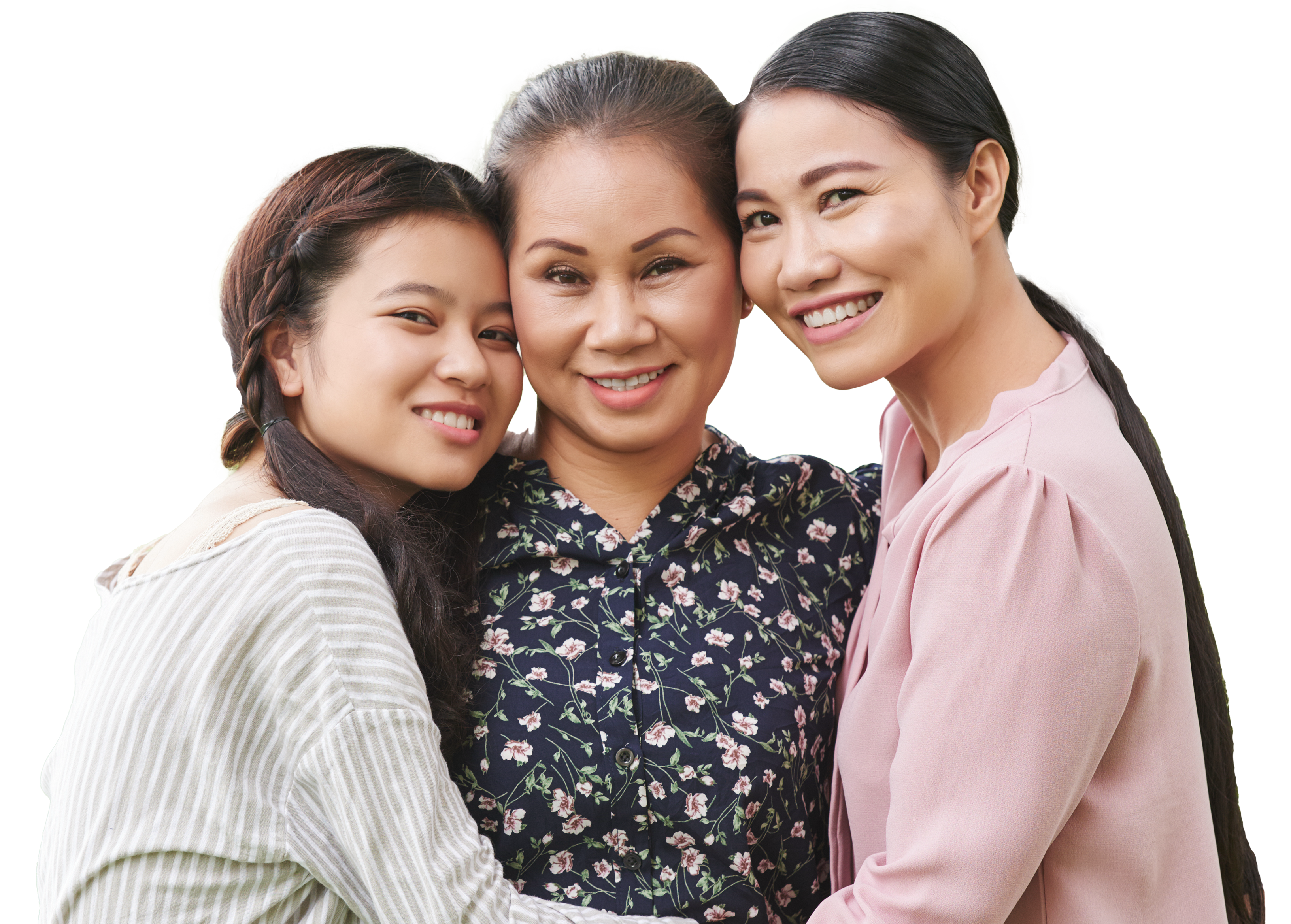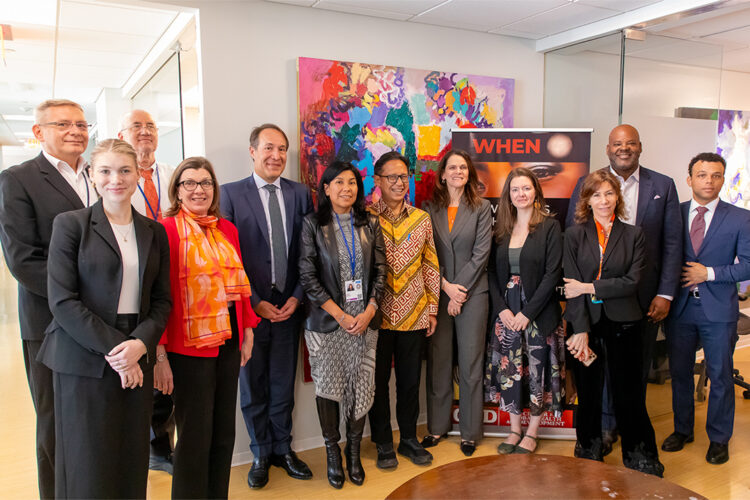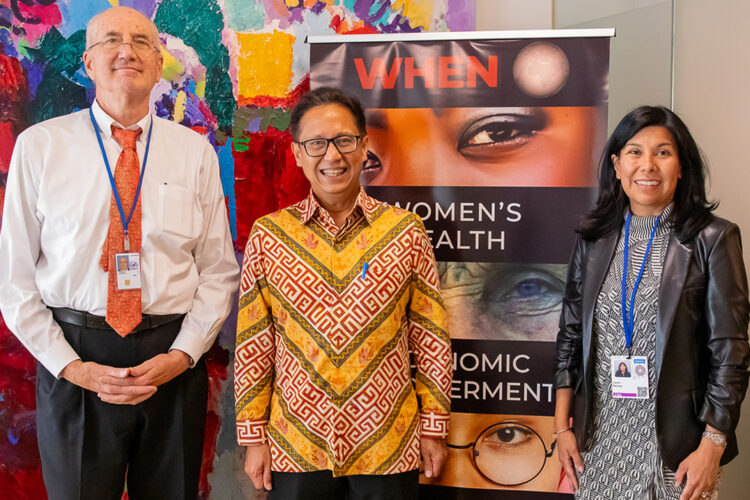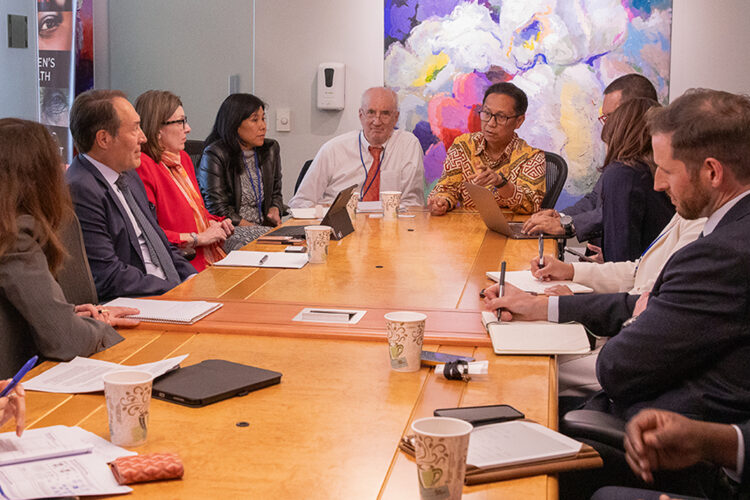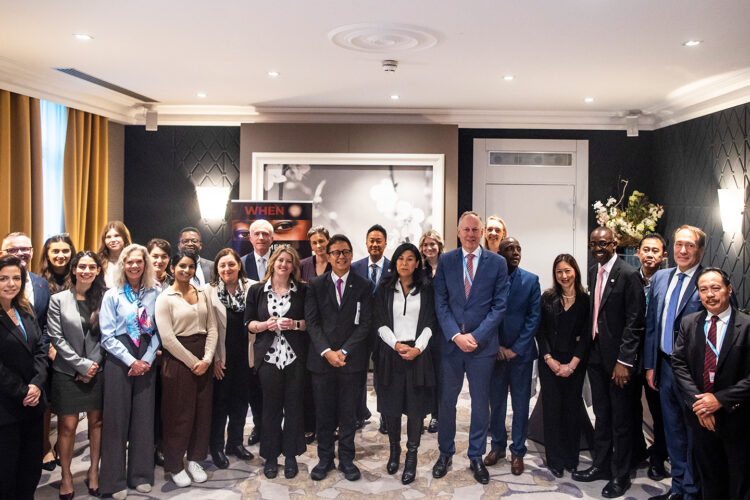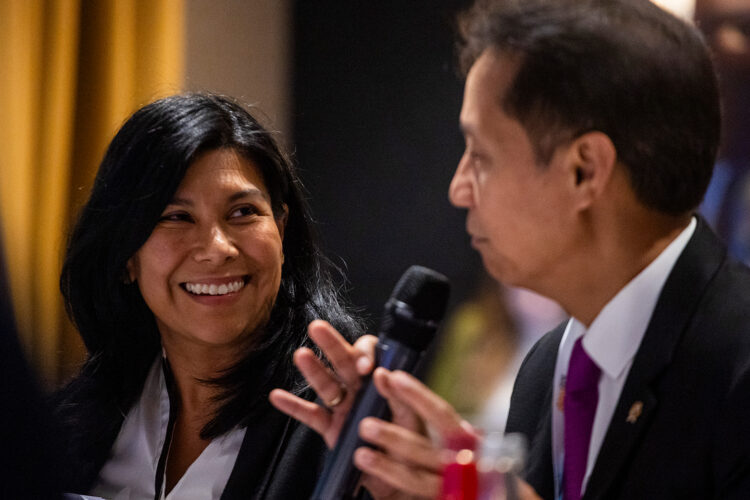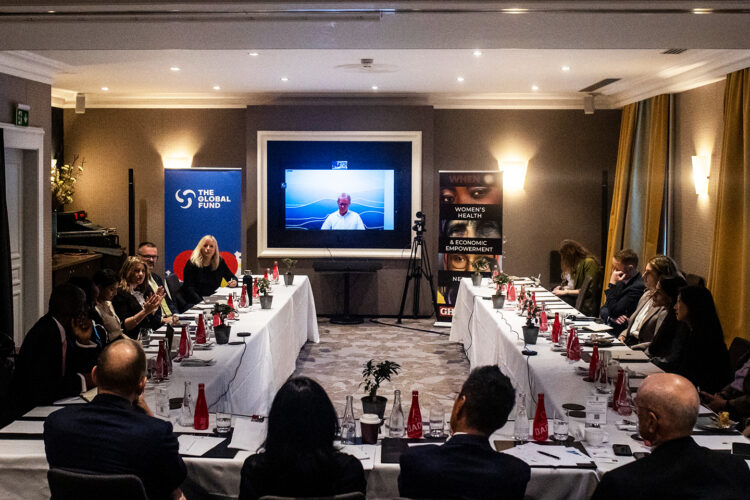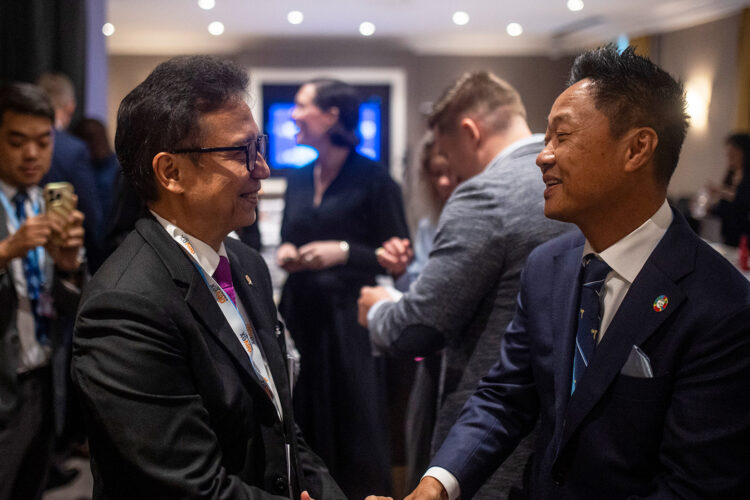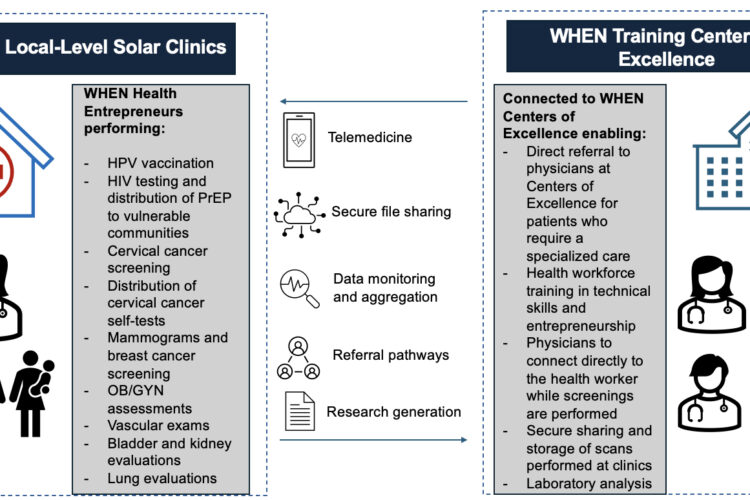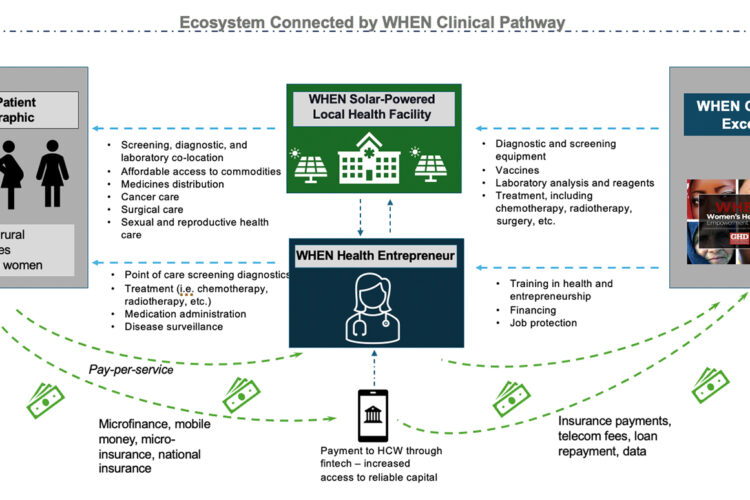WHEN Case Study In Indonesia
WHEN and the Ministry of Health of Indonesia have agreed to work collaboratively on the development of sustainable financing models to close the gendered gaps in the women’s health and economic systems.
WHEN will work alongside the Ministry of Health to develop technical assistance and equity vehicles aimed at strengthening women’s access to health care and capital, with a focus on rural and vulnerable communities. Specific objectives of the partnership include:

